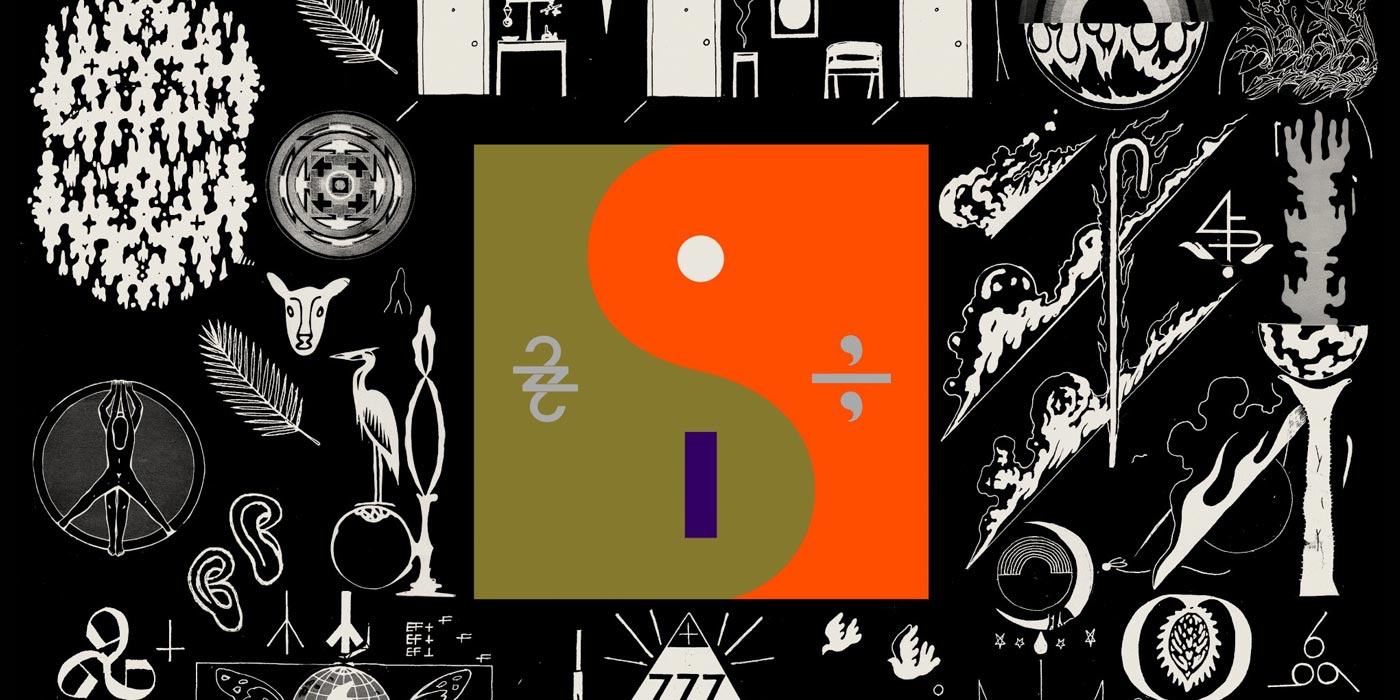By now, anyone with even a passing interest in music has heard The Passion of Justin Vernon™. He’s the heartbroken indie rocker who retreated to a cabin in the remote woods of Wisconsin and cranked out one of the best albums to come out of any genre in the past 25 years, For Emma, Forever Ago. But Vernon is more than just an alternative folk tale. With each year that has passed since that 2007 debut, he’s stepped further away from it as an artist.
Now an unlikely hip-hop icon due to his highly publicized collaborations with Kanye West, Vernon’s got more in common with Frank Ocean than he does with, say, Fleet Foxes. On 2011’s Bon Iver, Bon Iver, the hirsute troubadour redefined himself, dropping his aching guitars for synthesizers. He was nominated for several Grammys and just about became a household name (albeit, the name “Bonny Bear”). Then he disappeared.
Well, he didn’t really disappear. He started his own record imprint, Chigliak, and created the music festival, Eaux Claires. And he also began recording what would become 22, A Million, his third proper release as Bon Iver. And as his career trajectory suggests, it’s not quite what you’d expect from Justin Vernon.
It shares almost nothing in common with For Emma, Forever Ago. There are guitars here and there, but it appears Vernon’s work with Yeezus has had an impact. Vernon makes frequent use of sampling, often in the style of the “chipmunk soul” that permeated West’s earlier work. And on that note, Vernon now sings almost exclusively in falsetto, which, given his aptitude for making Autotune not suck, is a major plus.
But what’s really striking about 22, A Million is how damn soulful it is. Standout “8 (circle)” sounds like it could be a B-side to Ocean’s Blonde. But again, though, it makes sense. Vernon showed us forever ago that he could do the heartache thing, back when he was still a lumberjack hermit with a tape recorder. And he showed us how he and his bandmates could take atypical sounds and craft them into sweeping musical arrangements. 22, A Million puts those two together, making it quite possibly the only album on which you could easily mistake a synthesizer for a gospel choir.
After breaking through as indie folk’s next big thing, Vernon easily could have slid by on his immense talent, making the expected sequels every couple years or so. Instead, he’s consistently pushed himself to create lush, oftentimes bizarre musical landscapes that never quite adhere to the conventions of any genre. 22, A Million is a master class in this — it’s not quite folk, not quite soul, and not quite like anything else. Classifications are for neurotic critics like myself. For Justin Vernon, the quality final product is all that matters.
Playlist picks: “22 (OVER S∞∞N),” “8 (circle),” “00000 Million”
Unpronounceable Song Titles: 99%
References to Northern Exposure: 1%
Singing Like the Saddest Robot in the World: 93%
Overall: 89%



